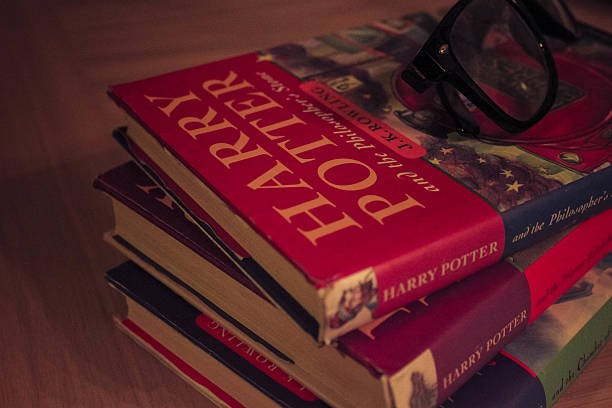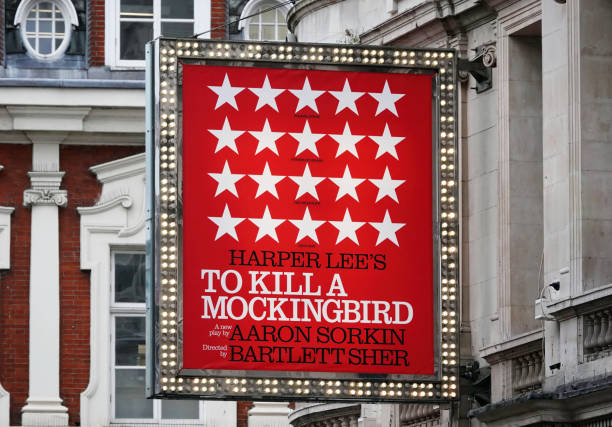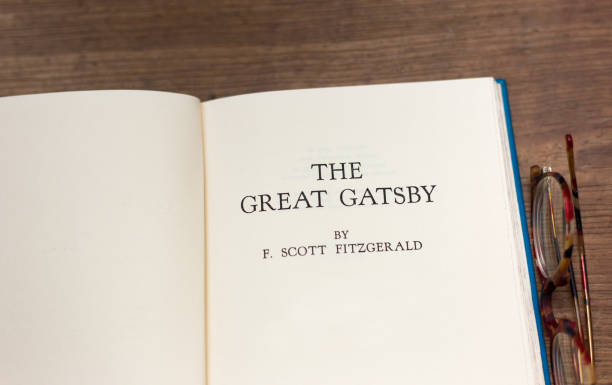Books have always been a gateway to different worlds, perspectives, and knowledge. Over the years, certain books have resonated so strongly with readers that they’ve become cultural milestones. These “most popular books” vary in genre, style, and theme, yet they all share the ability to captivate the minds of millions. Below are some of the most popular books throughout history, each with a brief explanation of what makes them so impactful.
1. The Bible

Arguably, the most significant book in human history is the Bible. Its central role in Christianity has led to its wide dissemination, making it the best-selling book of all time. Beyond religion, it has shaped much of Western culture, law, and ethics. From the stories of creation in Genesis to the moral teachings of Jesus in the New Testament, the Bible has provided moral and spiritual guidance for billions. Its appeal lies in its vast range of genres—narrative history, poetry, prophecy, and letters—combined with its timeless messages of faith, love, and redemption.
2. “Don Quixote” by Miguel de Cervantes

Published in two parts in 1605 and 1615, Don Quixote is often hailed as the first modern novel. Cervantes’ tale of a delusional knight, Don Quixote, and his faithful squire, Sancho Panza, has been read across generations. The story’s humor, combined with its exploration of ideals versus reality, makes it a profound commentary on human nature. Quixote’s endless quest to revive chivalry in a world that has outgrown it provides a comic yet tragic look at the power of dreams and the foolishness of stubborn idealism.
3. “Pride and Prejudice” by Jane Austen

First published in 1813, Jane Austen’s Pride and Prejudice has become a cornerstone of English literature. It’s a romance novel, yes, but it’s also a sharp social commentary. Austen’s portrayal of the Bennet family and their attempts to marry off their daughters explores themes of class, gender roles, and morality. The witty dialogue, especially between Elizabeth Bennet and Mr. Darcy, is one of the book’s highlights. Elizabeth’s intelligence and independence make her one of literature’s most beloved heroines.
4. “Harry Potter” series by J.K. Rowling

The Harry Potter series, starting with Harry Potter and the Philosopher’s Stone in 1997, became a worldwide phenomenon. Spanning seven books, it follows the journey of a young wizard, Harry Potter, as he battles the dark wizard Voldemort. Beyond the magical adventures, it’s a story about friendship, loyalty, and the battle between good and evil. Rowling’s ability to build a rich, immersive world filled with memorable characters like Hermione Granger, Ron Weasley, and Albus Dumbledore has made this series a favorite for both children and adults. It’s no surprise that it’s among the best-selling book series in history.
5. “The Lord of the Rings” by J.R.R. Tolkien

First published in 1954, Tolkien’s epic fantasy trilogy, The Lord of the Rings, has had a profound impact on the genre. The tale of Frodo Baggins’ quest to destroy the One Ring and defeat the dark lord Sauron takes place in the richly detailed world of Middle-earth. With deep themes of heroism, friendship, and sacrifice, the books have captivated readers for decades. Tolkien’s incredible world-building and his ability to weave together different languages, cultures, and histories have made The Lord of the Rings a pillar of fantasy literature.
6. “To Kill a Mockingbird” by Harper Lee

Published in 1960, Harper Lee’s To Kill a Mockingbird remains one of the most significant American novels ever written. Set in the racially segregated American South during the 1930s, it tells the story of Scout Finch, her brother Jem, and their father Atticus Finch, a lawyer defending a Black man falsely accused of raping a white woman. The book explores themes of racial injustice, moral courage, and empathy. Atticus Finch has become a symbol of integrity, while the novel itself continues to be studied for its portrayal of social issues.
7. “1984” by George Orwell

George Orwell’s dystopian masterpiece, 1984, published in 1949, presents a chilling vision of a totalitarian future where the government, led by Big Brother, exercises absolute control over every aspect of life. The novel explores themes of surveillance, censorship, and the manipulation of truth, making it increasingly relevant in today’s world of digital surveillance and “fake news.” The terms “Orwellian” and “Big Brother” have become part of the cultural lexicon, underlining the book’s lasting impact.
8. “The Great Gatsby” by F. Scott Fitzgerald

Published in 1925, The Great Gatsby is often considered the defining novel of the Jazz Age. The story revolves around Jay Gatsby’s obsessive love for Daisy Buchanan and the American dream’s elusive nature. Fitzgerald’s portrayal of 1920s America—its opulence, decadence, and eventual disillusionment—has made this novel a staple in high school and university curricula. Themes of wealth, love, and the American identity make The Great Gatsby timeless.
9. “The Catcher in the Rye” by J.D. Salinger
First published in 1951, The Catcher in the Rye is a novel that resonates with readers of all ages, especially adolescents. Its protagonist, Holden Caulfield, embodies teenage angst and rebellion as he navigates the complexities of adulthood. Salinger’s ability to capture the authenticity of Holden’s voice, his alienation, and his struggle to find purpose in a seemingly “phony” world, makes the book deeply relatable. Its themes of identity, innocence, and mental health continue to make it a controversial and powerful read.
Conclusion
These books, among many others, have earned their place in history due to their profound messages, relatable characters, and lasting cultural significance. Each one offers something unique to readers, whether it’s the escapism of Harry Potter, the moral complexity of To Kill a Mockingbird, or the dystopian warnings of 1984. Their popularity is not just a testament to their entertainment value, but to their ability to reflect on the human experience. Through their pages, they continue to challenge, inspire, and connect with readers across generations and cultures.
Read More: Harry Potter Studio Tour: A Comprehensive Visitor’s Guide
FAQ: Most Popular Books
1. Why are some books more popular than others?
Books become popular for various reasons, such as their universal themes, engaging storytelling, memorable characters, and emotional resonance. A book’s popularity can also be influenced by cultural relevance, timing, and even word-of-mouth recommendations. Books like The Bible have a religious significance, while novels like Harry Potter tap into universal themes of friendship, courage, and good versus evil, appealing to readers of all ages.
2. What is the best-selling book of all time?
The Bible holds the title of the best-selling book of all time, with billions of copies sold across centuries. Other widely read books include Don Quixote by Miguel de Cervantes and The Lord of the Rings by J.R.R. Tolkien.
3. Why is Harry Potter so popular?
Harry Potter appeals to a wide range of readers with its richly imagined world, strong character development, and universal themes like friendship, bravery, and the battle between good and evil. The series’ cross-generational appeal has helped it gain enduring popularity. Additionally, J.K. Rowling’s ability to grow the story and its characters in complexity over seven books has kept readers hooked.
4. What makes 1984 relevant today?
1984 remains relevant due to its exploration of government control, surveillance, censorship, and the manipulation of truth, issues that continue to resonate in the modern world. With the rise of digital surveillance, disinformation, and political authoritarianism in some regions, Orwell’s warnings feel as timely as ever.
5. Why do people still read Pride and Prejudice?
Pride and Prejudice continues to be popular due to its relatable characters, witty dialogue, and exploration of societal pressures, especially around love, marriage, and class. Elizabeth Bennet’s independence and intelligence, combined with her evolving relationship with Mr. Darcy, resonate with modern readers as well.





